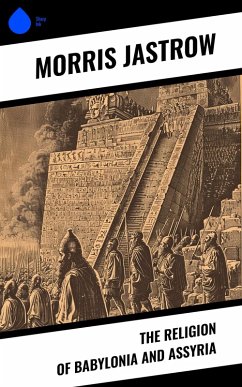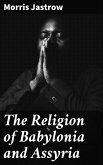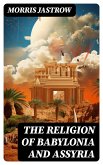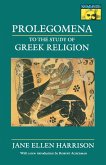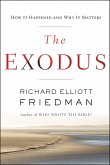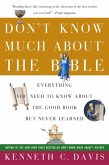In "The Religion of Babylonia and Assyria," Morris Jastrow offers a comprehensive examination of the ancient religious traditions that shaped two of history's most influential civilizations. Jastrow employs a meticulous analytical approach, weaving together archeological findings, historical texts, and comparative religious studies. His literary style is marked by clarity and a scholarly rigor, situating the reader firmly within the cultural and historical context of Mesopotamia. The book delves into topics such as mythology, ritual practices, and the pantheon of gods, revealing the intricate tapestry of beliefs that underpinned social and political life in these ancient societies. Morris Jastrow was a prominent American scholar of Semitic languages and an influential figure in the study of ancient Near Eastern religions. His extensive academic background, including significant contributions as a professor at the University of Pennsylvania, provided him with a wealth of knowledge and access to critical texts. His work reflects a broader intellectual curiosity about how ancient cultures intersect with contemporary religious thought, likely influencing his desire to illuminate the complexities of Babylonian and Assyrian spirituality. This book is essential for anyone interested in the origins of religious thought and its evolution throughout history. Jastrow's insightful analyses not only deepen our understanding of ancient Beliefs, but also invite readers to consider the enduring questions of faith and spirituality in modern contexts. Highly recommended for students, historians, and general readers alike.
Dieser Download kann aus rechtlichen Gründen nur mit Rechnungsadresse in A, B, BG, CY, CZ, D, DK, EW, E, FIN, F, GR, HR, H, IRL, I, LT, L, LR, M, NL, PL, P, R, S, SLO, SK ausgeliefert werden.

